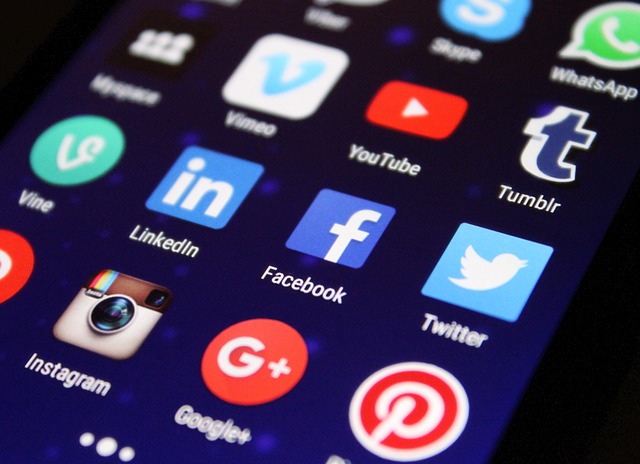In today’s hyper-connected world, the phenomenon of social burnout has become all too familiar. Individuals find themselves exhausted not only from their daily lives but also from the constant barrage of information and stimuli that social media platforms provide. As we scroll through endless feeds, like posts, or share life updates, we may experience an overwhelming sensation of fatigue stemming from our digital interactions.
Social media has revolutionized the way we communicate and share our lives with others. Yet, this transformation often brings a price. The thrill of instant connection can quickly spiral into a demanding cycle of validation and consumption. The need to keep up with the latest trends, respond to messages, and engage with numerous platforms can lead to feelings of inadequacy and social exhaustion. Users frequently report feelings of anxiety and low self-esteem as they compare their curated lives to the seemingly perfect images of others.
Moreover, the digital realm can create a false sense of intimacy. While social media may give us the illusion of being connected to our friends and family, it can paradoxically leave us feeling isolated. The superficial interactions—likes and comments—often replace deeper, more meaningful conversations, leading to social burnout. Instead of fostering genuine connections, we may increasingly feel drained by the pressure to maintain an online presence while neglecting the very real relationships that nourish our souls.
The rapid pace at which social media evolves means that it’s easy to get swept away in the tidal wave of trends and hashtags. This relentless need to stay updated can contribute to the feeling of being on a never-ending treadmill, exhausting our mental and emotional reserves. Over time, continuous exposure to social media can diminish our attention spans, leaving us feeling scattered and disengaged not only from the digital world but from our immediate surroundings.
Taking a step back from social media can be incredibly rejuvenating. By unplugging, even for a short period, we can reconnect with ourselves and the world around us. Digital detoxes offer a chance to refill our mental cup, allowing us to explore hobbies, engage in face-to-face interactions, and embrace the solitude often overlooked in a world buzzing with notifications.
Recognizing the signs of social burnout is crucial for maintaining mental well-being. When feelings of anxiety, fatigue, and disconnection arise, it’s essential to evaluate our relationship with social media. Setting boundaries—such as limiting screen time or designating tech-free zones—can help mitigate the effects of social burnout. Fostering authentic relationships and prioritizing quality time with loved ones can replenish the emotional reserves often depleted by our online activities.
Ultimately, understanding and managing our engagement with social media can help combat social burnout. The key lies in finding a balance that allows us to stay connected without feeling overwhelmed. By reclaiming our time and attention, we can thrive in the age of social media while preserving our mental health and emotional resilience.



